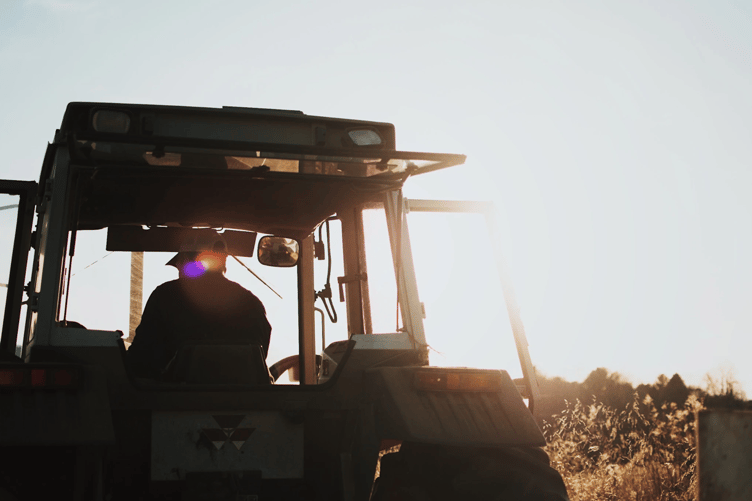FARMERS across the region are being urged to prioritise safety after new figures revealed the number of fatalities in the South West’s agricultural industry has increased.
According to the Health and Safety Executive (HSE), 27 people were killed in the sector – which encompasses agriculture, forestry and fishing – in 2023/24.
The South West had the highest number of fatalities in England, with six deaths, rising from two the year before.
‘The increase in fatalities serves as a stark reminder for anyone involved in agriculture that safety must always be a top priority,’ said Alex Cormack of Lycetts Risk Management Services.
‘While accidents can happen, many are preventable.
‘It is crucial to implement and maintain rigorous safety protocols, which may include regular training, the proper use of equipment and strictly adhering to all safety guidelines.
‘Farmers should also conduct regular risk assessments to identify and mitigate potential hazards on their farms.
‘By taking these proactive steps, we can reduce the number of preventable incidents and protect the lives of both workers and the public in this essential industry.’
The data revealed five of the deaths in the South West were males, with one over the age of 65.
More than two-fifths (44 per cent) of fatalities nationwide also involved individuals over the age of 60.
Cormack also suggested embracing new technologies.
‘Wearable safety devices and real-time hazard monitoring systems can play a significant role in reducing risks.
‘Furthermore, farm owners, colleagues and family members should be vigilant in recognising when older workers may be struggling and provide appropriate support.
‘This could involve assigning less physically demanding tasks and fostering a culture where asking for help is encouraged and respected.’





Comments
This article has no comments yet. Be the first to leave a comment.